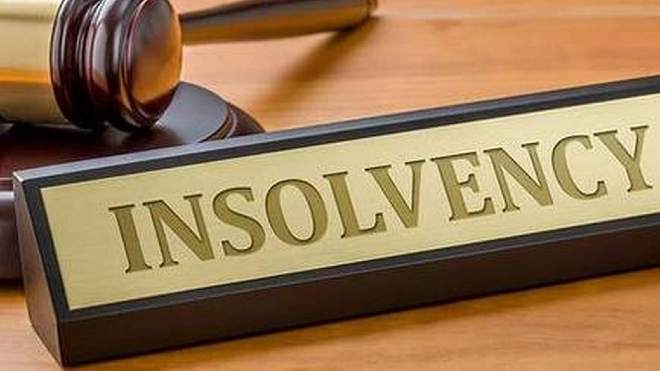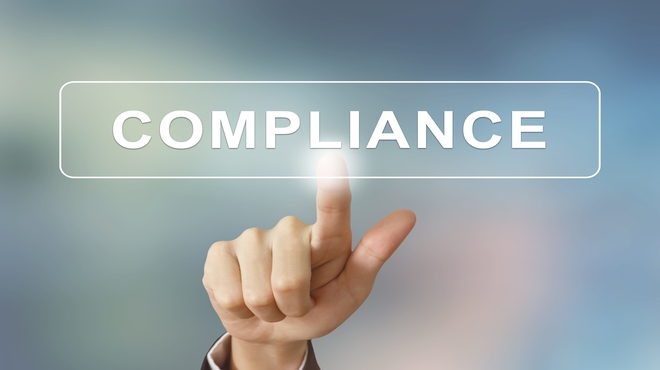Procedure of Issue of Shares in India
April 07, 2024 हिंदी में पढ़ेंTable of Contents
In India, the Companies Act, 2013 discusses the procedure of allotment of shares and it is read with the Companies (Prospectus and Allotment of Securities) Rules, 2014.
Section 23 of the Companies Act, 2013 discusses the option to issue shares. In order to issue shares, the company needs to be a registered company. There are four ways in which shares can be issued:
-
Public issue (includes Initial Public Offering and Further Public Offering)
-
Private Placement
-
Rights issue
-
Bonus issue
Where a Public company can issue shares through Public Issue, Private Placement, Rights issue, or Bonus issue, a Private Company may issue shares by way of Rights issue or Bonus issue and Private Placement.
In case of a Public issue the procedure is as follows:
Issuing the prospectus:
Section 26(1) deals with the procedure of matter that should be stated in the prospectus. A prospectus bears an open invitation to the public to buy shares of the company. SEBI (Securities Exchange Board of India) is the regulator and thus a copy of the company's prospectus needs to be submitted before the publication date.
The prospectus gives brief information about the company, like:
- Name of the directors
-
Past Performance (including Reports of the company)
-
Terms of issue
-
Type of investment (for raising capital)
Apart from these details opening and closing dates of the share issue, application form, application fees, allotment and call-on dates, minimum shares for application, and bank details for deposit are provided in the prospectus.
The Registrar after ensuring compliance will register the prospectus.
Application of shares:
After the invitation, the application can be submitted through the prescribed form along with the application fee before the closing date mentioned in the prospectus. Allotment of shares is done with the selected applicants and rest of applicants receive regret letters. Share certificates are issued after the allotment is done.
Call on shares:
Call on shares is a way to collect remaining shares after application and allotment as per the provisions of the prospectus. There's a first call, second call, etc. depending on the number of installments.
In the case of a Private Placement the procedure is as follows:
In the case of Private Placement, a Private Placement Offer Letter is issued. Section 42 of the Companies Act, 2013 discusses this provision and it should be read with Rules. The number of allotments of shares is limited and rules are laid down for the same. No company offering securities shall release any public advertisements or utilize any marketing agents, etc. to inform the public at large about the offer. Return of allotment has to be filed which should include a complete list of all security-holders.
Apart from this procedure which has been simplified, there are many technicalities attached to the same and therefore it should be taken care of with the help of consultation from an experienced lawyer.
These guides are not legal advice, nor a substitute for a lawyer
These articles are provided freely as general guides. While we do our best
to make sure these guides are helpful, we do not give any guarantee that
they are accurate or appropriate to your situation, or take any
responsibility for any loss their use might cause you. Do not rely on
information provided here without seeking experienced legal advice first. If
in doubt, please always consult a lawyer.
The internet is not a lawyer and neither are you.
Talk
to a real lawyer about your legal issue.

Comments by Users
No Comments! Be the first one to comment.
Related Articles
Corporate Law Articles
User Reviews
Nice one. Also tell about purchase of share
how to file a complaint against company?
please refer a company lawyer for my case
company not releasing revenue on shares what to do
how can I make my private company public
Very good article
needed more information on the law
Very helpful in understanding the law.
nicely written
Helped a lot in understanding the law.
Detailed and informative.
amazing article
very nice article
Very helpful for my legal case.
nicely written. Great work
informative with the law.
Very nice article. English is very simple. Thank you for the information.
how to contact a lawyer?
thanks for the information
solved my queries.
VIEW ALL


 642+ Lawyers are online
642+ Lawyers are online 








